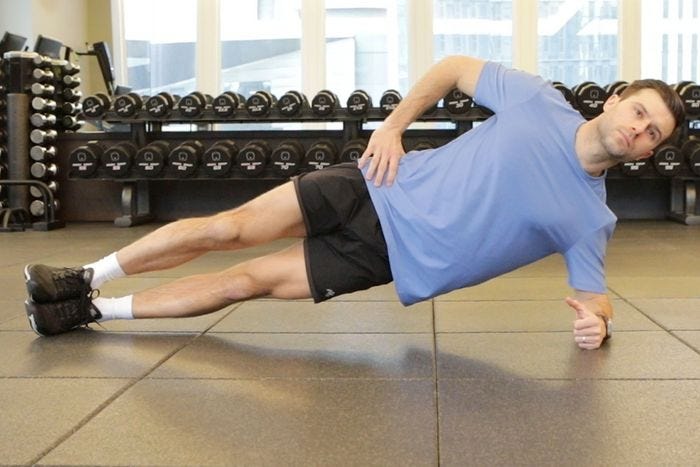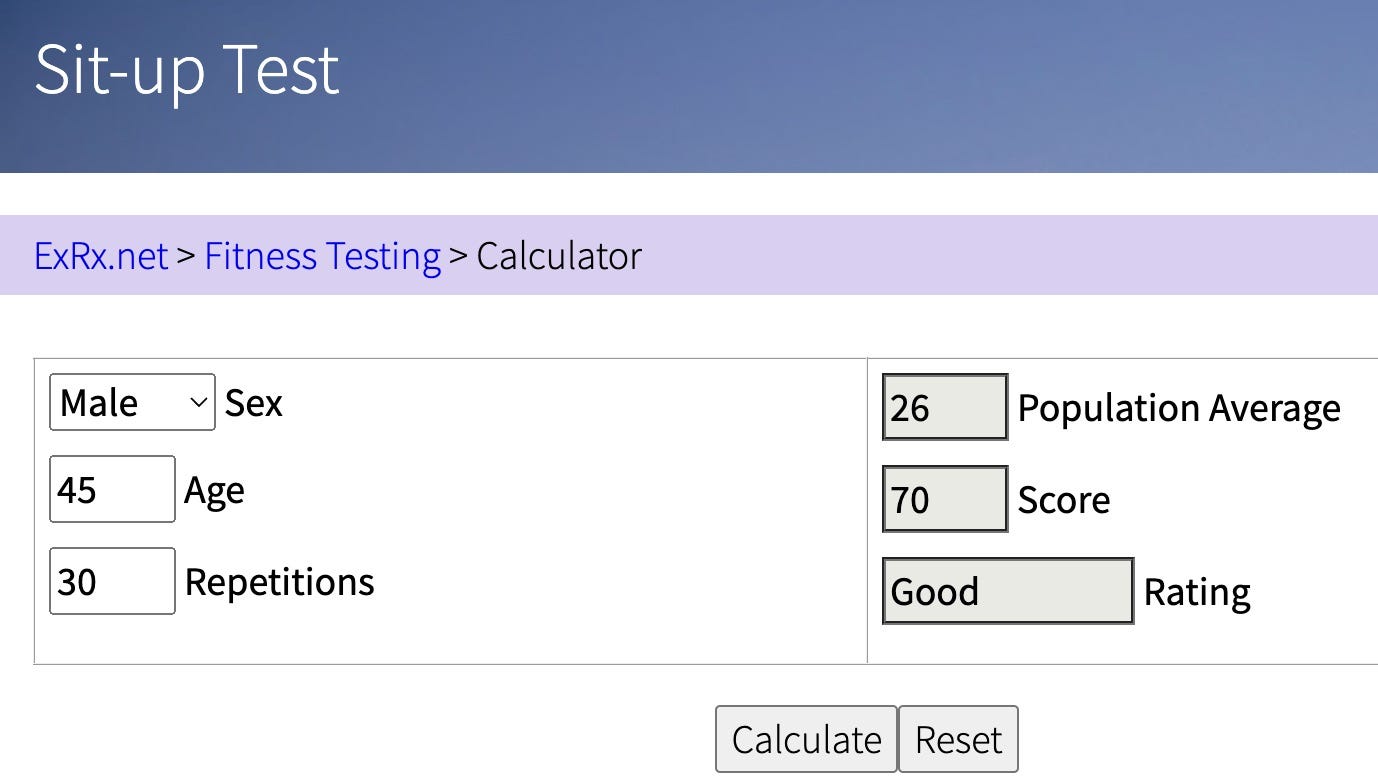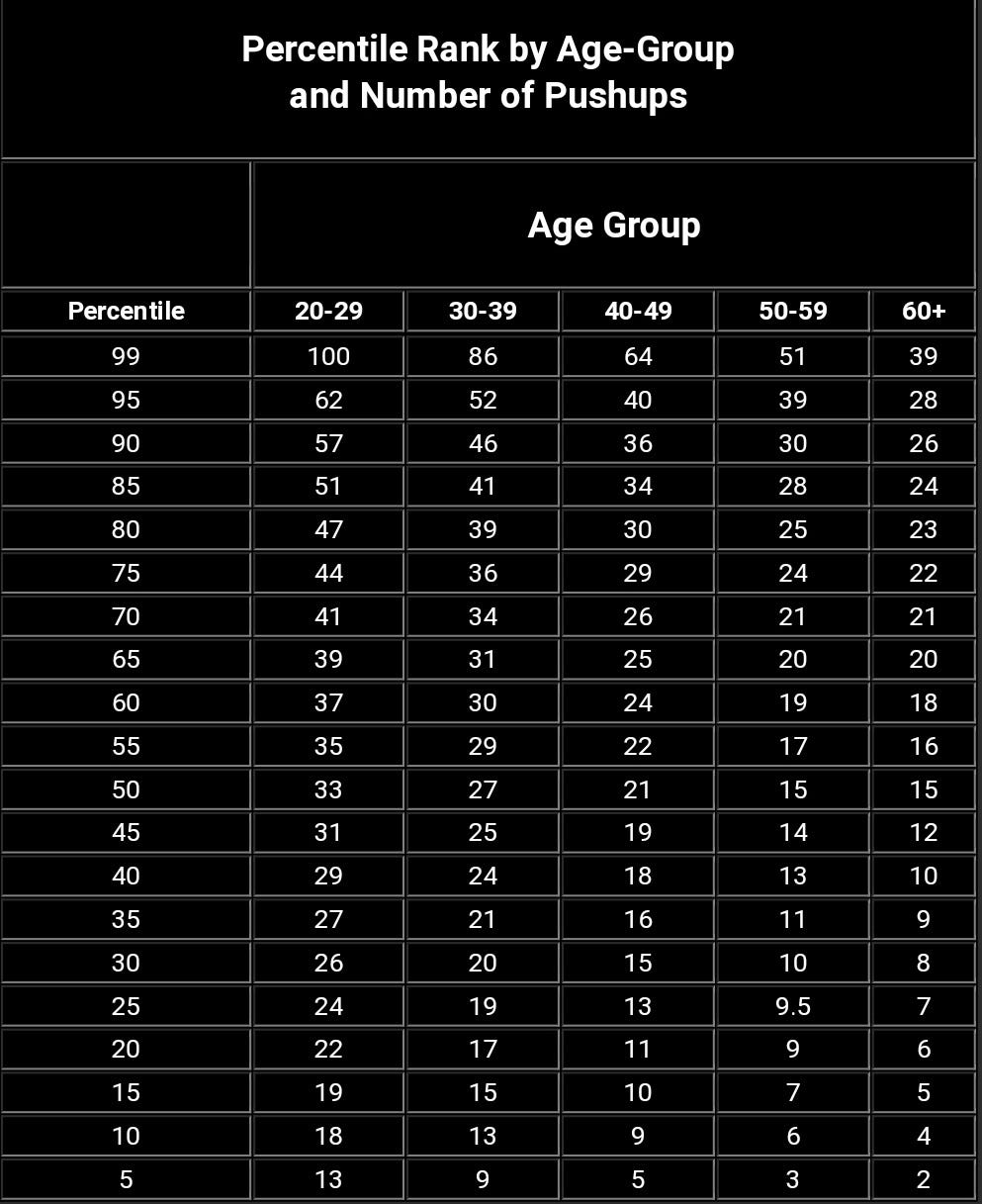Personal Science Week - 240509 Comparisons
Average fitness and sleep
Population-wide averages are worse than useless. The average worldwide price of a house means absolutely nothing if you’re estimating how much yours is worth. But if you know the averages for your neighborhood, you’ve got a useful point of comparison.
This week we’ll look at some examples, from fitness and sleep, that can help you figure out some average values that matter for you.
Just about every question relating to personal science involves understanding the context: how does this situation compare to others like it? You’ll be much less concerned about a state of fitness or health if you find that it’s quite common for people like you; conversely you’ll know to be more concerned if it turns out that you’re a serious outlier for your age and sex.
For fitness, the Cardiac Exercise Research Group (CERG) at the Norwegian University of Science and Technology (NTNU) has a simple on-line test that can help calculate your level of fitness for your age and sex. Enter your age/sex, plus resting heart rate and level of exercise to get a “body age” summary:
The site ExRx.net includes a whole bunch of similar calculators including this one for sit-ups. Enter your age and sex, then see how many repetitions you can do:
The Wall Street Journal recently published Measuring your cardiovascular fitness, strength and balance can give a read on how well you’re aging including this simple side plank. Regardless of age or sex, you’re doing fine if you can hold it between 20 and 45 seconds.

We linked to something similar, only specifically for pushups in PS Week 220602:
Or compare your sleep to others with this Washington Post interactive graphic
Incidentally, if you’re looking to improve your sleep, a study of cardiac patients in Iran says you should try milk and honey before bed. Also see this summary of studies that link dairy intake with better sleep
Finally, what about other habits? ZOE published The Big Poo Review, a study of almost 150,000 participants who answered questions about their bowel movements. A few highlights:
Women, on average, are constipated more often than men (23% vs 13%).
Men spend more time on the toilet (5 minutes vs 4 minutes). Not sure why, though the authors speculate that “phone use” might be involved (?!?)
Younger people (18-23) fart almost 10 times per day, while older people (over age 58) far less (7 times).
Lots more to compare at the link
Personal Scientist of the Week
Dynomight measures the degree to which boiling water cools when you drop it from different heights. tldr; Yes, pouring from higher heights can make water cooler, to a degree (so to speak)
Oh, and don’t miss Dynomight’s very detailed summary of arguments for and against Seed Oils as the cause of obesity and other problems. The author concludes that the case for an association is weak but that giving up seed oils is good anyway because it’ll force you to eat more healthy stuff.
I like this comment from AlexErrant on Hacker News
Seed oils are 100% a distraction. Once you’re in the upper 2.3% of vo2max for your age/sex, then you have the right to worry about seed oils. Until then, save your energy for interval training.
Minor in the minors, major in the majors.
Finally, Personal scientists are very annoyed at paternalism, especially when it comes from “experts” who hide behind their credentials rather than discuss ideas on their merits. In the recent piece “Doctors are worried about the ideas bots are putting in patients’ heads”, Politico quotes doctors terrified that their patients might not put their unconditional trust in the same medical establishment that kills 250,000 people per year through their own errors. The solution? Make it harder for patients to get their own information, of course! And what’s the Big Bad Evil this time? Aarrrtificial Intellligggennccee! We must protect all those dumb people out there who might be tempted to use AI bots that can outperform the doctors.
Fortunately, DoctorGPT is an open-source, offline Llama 2-based LLM that can pass the US Medical Licensing Exam. It’s 3GB, and available for iOS, Android, and Web. You have to train it yourself, which takes about 24 hours on a paid instance of Google CoLab Pro ($10)
Will the “experts” next want to regulate what software you can run in your own home?
About Personal Science
Personal scientists are those of us who are curious about the world, which we approach with an open mind. We’re also skeptical, so we tend not to believe things just because we read them somewhere or because a highly-credentialed “expert” says so. We prefer as much as possible to run our own experiments because even if a well-studied phenomenon works in lots of people, it only matters to you if it works in you.
Paid subscribers have access to our Unpopular Science series, including our post about how to develop immunity to snakebite. Not recommended for close-minded people.
We’ve been publishing weekly now for several years, so new subscribers may want to browse our older posts, such as 230330 Free Resources, or check one of our up-to-date Personal Science Guides, such as our most recent Guide to Artificial Intelligence with tips for personal scientists.
If you have other topics you’d like to discuss, please contact us directly or leave a comment.






